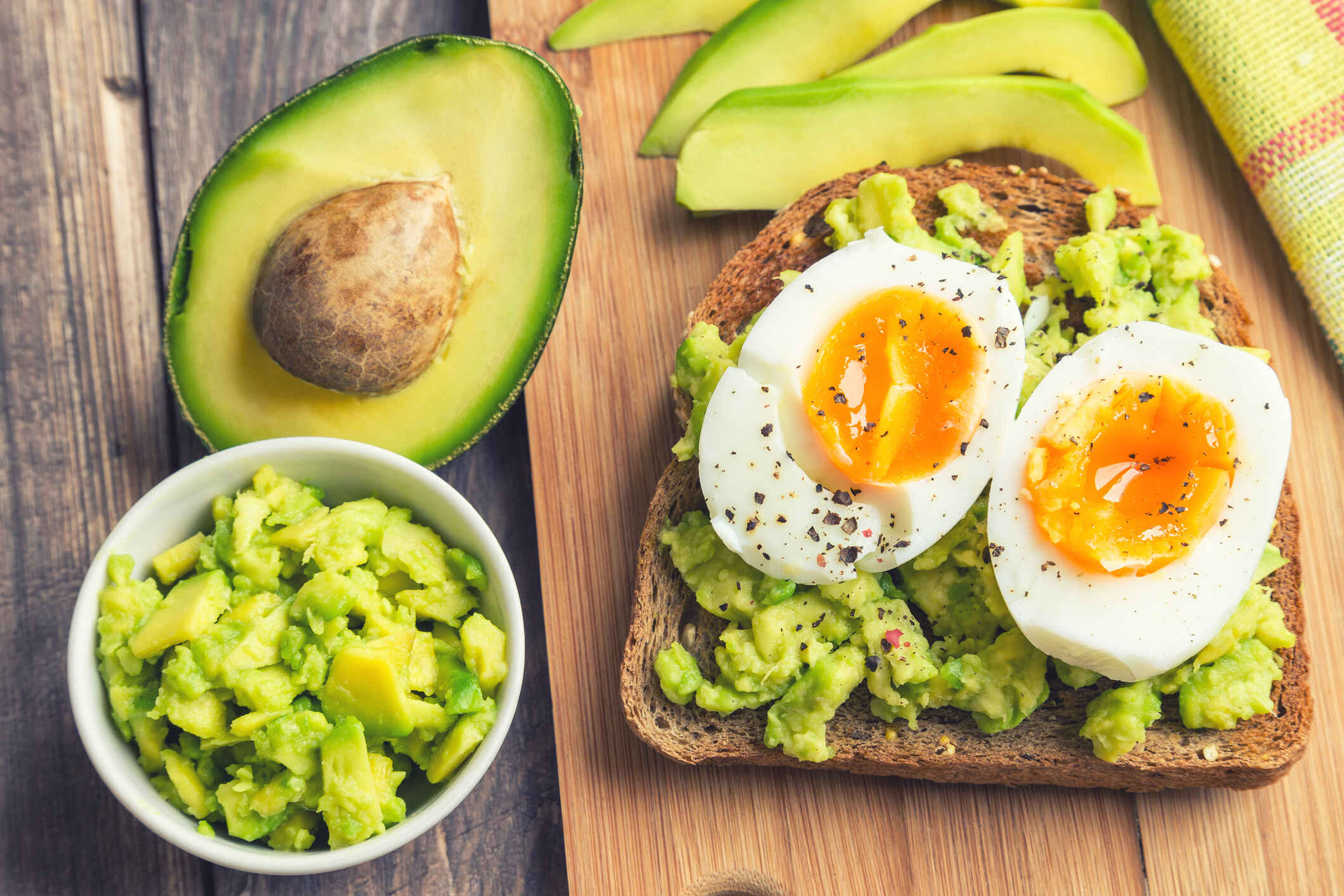
B vitamins are essential nutrients that play a crucial role in maintaining good health and well-being. These vitamins help convert food into energy, support brain function, and keep the nervous system running smoothly. There are eight different B vitamins, each with its unique benefits and functions. From boosting energy levels to promoting healthy skin and hair, B vitamins are vital for various bodily processes. Understanding the importance of these vitamins can help you make better dietary choices and improve your overall health. Ready to learn more? Here are 39 fascinating facts about B vitamins that you might not know!
Key Takeaways:
- B vitamins are essential for energy, brain health, heart health, and skin health. They can be found in a variety of foods and play a crucial role in maintaining overall well-being.
- B vitamin deficiency can lead to various health issues, highlighting the importance of adequate intake through a balanced diet or supplements. Each B vitamin has its own unique function and benefits.
What Are B Vitamins?
B vitamins are a group of essential nutrients that play a crucial role in maintaining good health and well-being. They help convert food into energy, support brain function, and keep the nervous system functioning properly. Let's dive into some fascinating facts about these vital vitamins.
-
There are eight different B vitamins, each with its own unique function and benefits.
-
The B vitamins include B1 (thiamine), B2 (riboflavin), B3 (niacin), B5 (pantothenic acid), B6 (pyridoxine), B7 (biotin), B9 (folate), and B12 (cobalamin).
-
B vitamins are water-soluble, meaning they dissolve in water and are not stored in the body. This requires regular intake through diet or supplements.
The Role of B Vitamins in Energy Production
B vitamins are essential for converting the food we eat into energy. They help break down carbohydrates, fats, and proteins, making them available for the body to use.
-
Thiamine (B1) helps convert carbohydrates into energy and is crucial for nerve function.
-
Riboflavin (B2) plays a key role in energy production and helps maintain healthy skin and eyes.
-
Niacin (B3) aids in the metabolism of carbohydrates, fats, and proteins, and supports digestive health.
-
Pantothenic acid (B5) is involved in the synthesis of coenzyme A, which is essential for fatty acid metabolism.
B Vitamins and Brain Health
B vitamins are vital for maintaining brain health and cognitive function. They support the production of neurotransmitters and protect against cognitive decline.
-
Pyridoxine (B6) is essential for the production of neurotransmitters like serotonin and dopamine, which regulate mood and behavior.
-
Folate (B9) is crucial for brain development and function, especially during pregnancy.
-
Cobalamin (B12) helps maintain the myelin sheath that protects nerve fibers and supports cognitive function.
B Vitamins and Heart Health
B vitamins play a significant role in maintaining cardiovascular health by regulating homocysteine levels, which can reduce the risk of heart disease.
-
Folate (B9) helps lower homocysteine levels, reducing the risk of heart disease.
-
Vitamin B6 and B12 work together to convert homocysteine into methionine, another amino acid, thus protecting the heart.
B Vitamins and Skin Health
B vitamins are essential for maintaining healthy skin, hair, and nails. They help repair and regenerate skin cells, keeping the skin looking youthful and vibrant.
-
Riboflavin (B2) helps maintain healthy skin by promoting cell turnover and repair.
-
Niacin (B3) improves skin elasticity and reduces inflammation, making it beneficial for treating acne and other skin conditions.
-
Biotin (B7) is known for its role in promoting healthy hair, skin, and nails.
Sources of B Vitamins
B vitamins are found in a variety of foods, making it possible to get enough of these essential nutrients through a balanced diet.
-
Thiamine (B1) is found in whole grains, pork, and legumes.
-
Riboflavin (B2) is abundant in dairy products, eggs, and green leafy vegetables.
-
Niacin (B3) can be obtained from meat, fish, and whole grains.
-
Pantothenic acid (B5) is present in almost all foods, with high amounts in meat, eggs, and whole grains.
-
Pyridoxine (B6) is found in poultry, fish, potatoes, and non-citrus fruits.
-
Biotin (B7) is available in eggs, nuts, and seeds.
-
Folate (B9) is abundant in dark green leafy vegetables, legumes, and fortified cereals.
-
Cobalamin (B12) is primarily found in animal products like meat, fish, dairy, and eggs.
B Vitamin Deficiency
A deficiency in B vitamins can lead to various health issues, highlighting the importance of adequate intake.
-
Thiamine (B1) deficiency can cause beriberi, a condition affecting the cardiovascular and nervous systems.
-
Riboflavin (B2) deficiency can lead to ariboflavinosis, causing sore throat, redness, and swelling of the mouth and throat.
-
Niacin (B3) deficiency can result in pellagra, characterized by dermatitis, diarrhea, and dementia.
-
Pantothenic acid (B5) deficiency is rare but can cause symptoms like fatigue, irritability, and numbness.
-
Pyridoxine (B6) deficiency can lead to anemia, depression, and weakened immune function.
-
Biotin (B7) deficiency is rare but can cause hair loss, skin rashes, and brittle nails.
-
Folate (B9) deficiency can result in megaloblastic anemia and, during pregnancy, increase the risk of neural tube defects in the baby.
-
Cobalamin (B12) deficiency can cause pernicious anemia, nerve damage, and cognitive impairments.
Supplements and B Vitamins
While a balanced diet is the best way to get B vitamins, supplements can help fill any gaps, especially for those with dietary restrictions or certain health conditions.
-
B vitamin supplements are available in various forms, including tablets, capsules, and liquid.
-
Some people may require higher doses of certain B vitamins, such as pregnant women needing more folate (B9).
-
Vegans and vegetarians may need to supplement with B12, as it is primarily found in animal products.
Interesting Facts About B Vitamins
B vitamins have some intriguing aspects that might surprise you.
-
Vitamin B12 is the largest and most complex vitamin molecule, requiring a special protein called intrinsic factor for absorption.
-
Biotin (B7) was once known as vitamin H, derived from the German words "Haar" and "Haut," meaning hair and skin.
-
The discovery of B vitamins began with thiamine (B1) in the early 20th century, leading to the identification of the other B vitamins.
-
B vitamins often work together in the body, which is why they are commonly found together in B-complex supplements.
-
Excessive intake of certain B vitamins, like niacin (B3), can cause side effects such as flushing, itching, and liver damage.
The Power of B Vitamins
B vitamins play a crucial role in keeping our bodies running smoothly. From boosting energy levels to supporting brain function, these nutrients are essential for overall health. They help convert food into fuel, allowing us to stay active and alert throughout the day. Each B vitamin has its own unique benefits, whether it's B1 (Thiamine) aiding in nerve function or B12 (Cobalamin) supporting red blood cell production.
Incorporating a variety of foods rich in B vitamins, like whole grains, meats, eggs, and leafy greens, can help ensure you're getting enough of these vital nutrients. Supplements can also be an option for those who may have deficiencies or specific dietary needs.
Understanding the importance of B vitamins can empower you to make better dietary choices, ultimately leading to a healthier, more energetic life.
Frequently Asked Questions
Was this page helpful?
Our commitment to delivering trustworthy and engaging content is at the heart of what we do. Each fact on our site is contributed by real users like you, bringing a wealth of diverse insights and information. To ensure the highest standards of accuracy and reliability, our dedicated editors meticulously review each submission. This process guarantees that the facts we share are not only fascinating but also credible. Trust in our commitment to quality and authenticity as you explore and learn with us.


